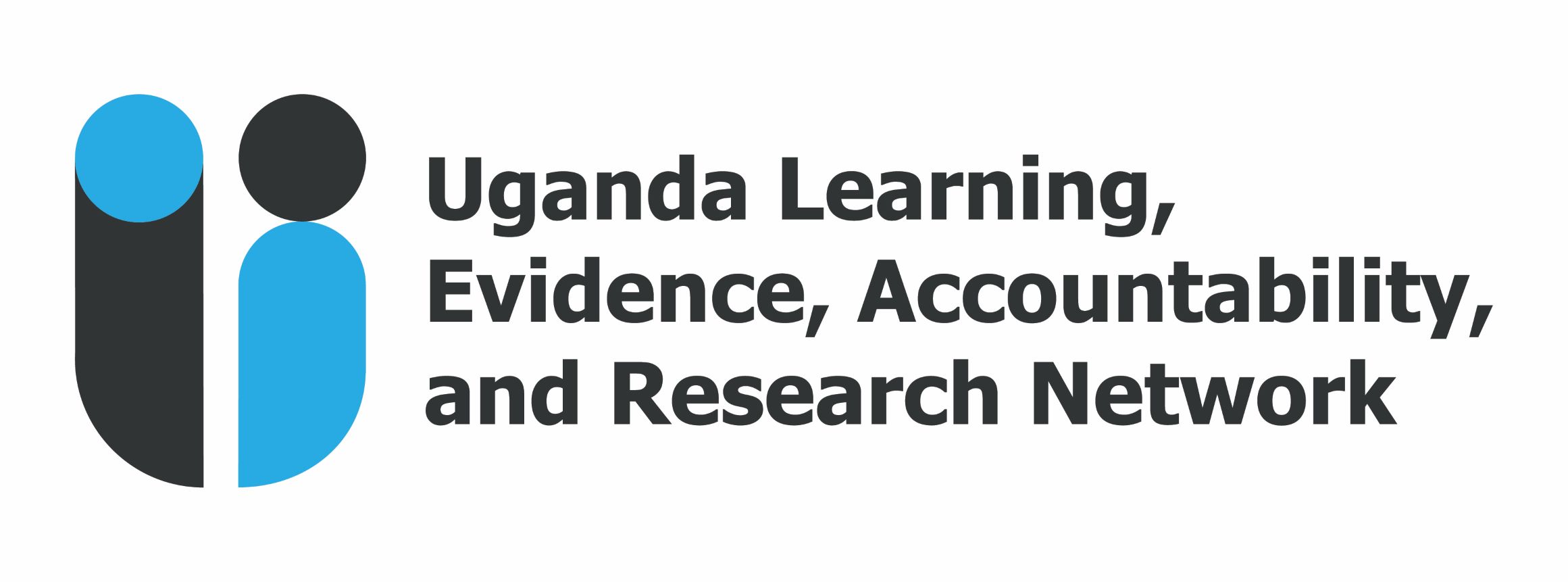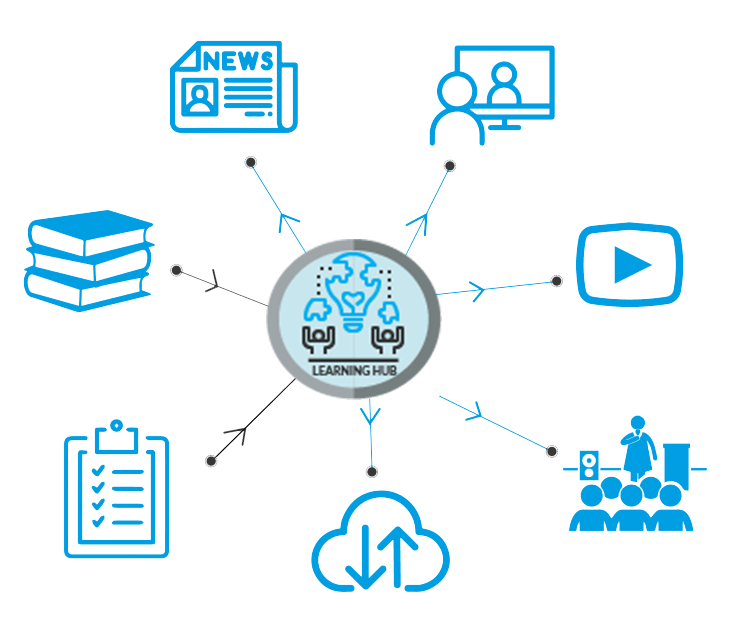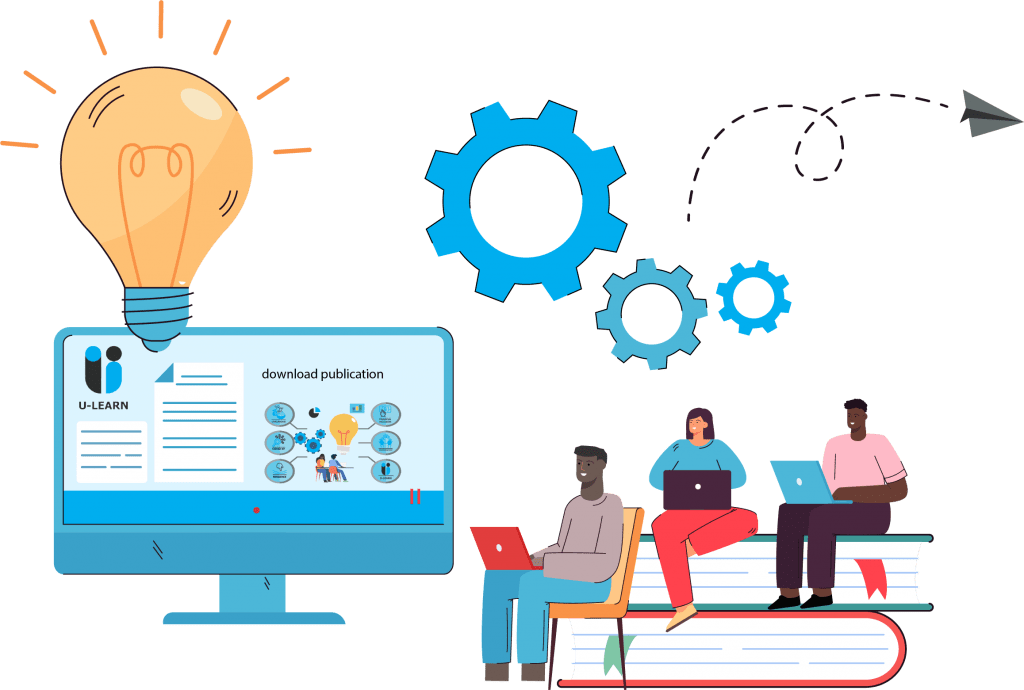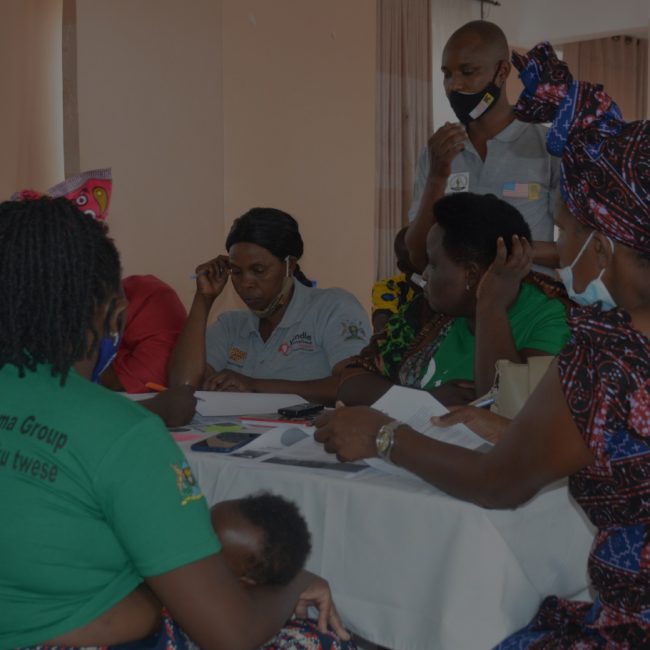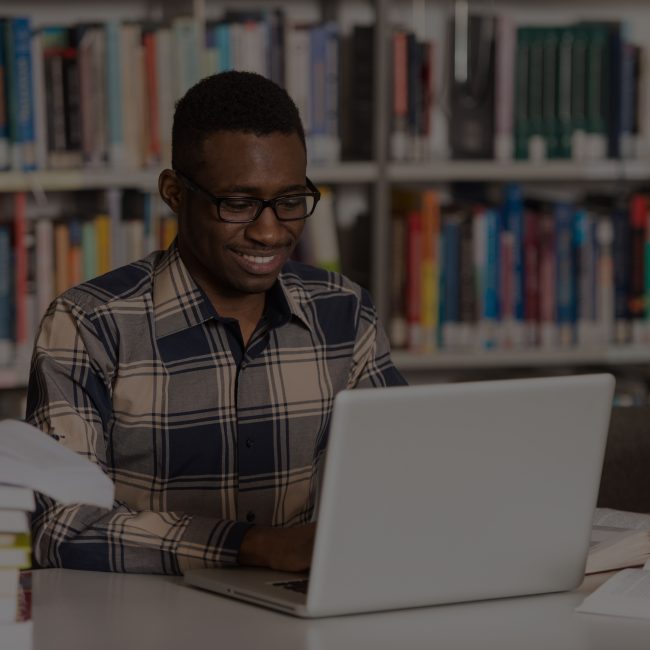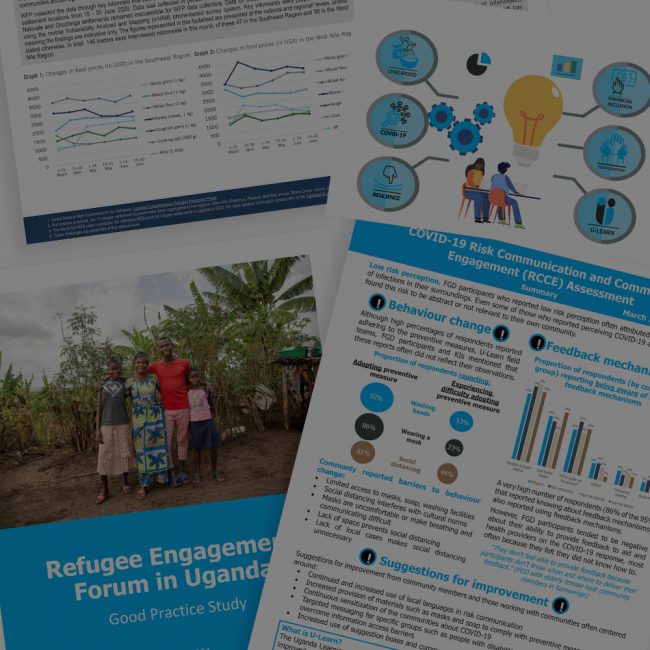What is the learning Hub?
The Learning Hub (LH) is the component of U-Learn that focuses on learning.
1.5 million refugees live in Uganda, some of them over ten years. In this protracted crisis, partners strive to increase self-reliance. The response is rich in knowledge and evidence about approaches that foster better lives for refugees and host communities. However, this evidence is often not easily or publicly accessible. Partners in the refugee response lack the time and opportunities to learn from it to become more effective. Furthermore, some of the non-traditional humanitarian actors are sometimes excluded from knowledge exchanges.
The Learning Hub employs a unique cross-sectoral and collaborative learning approach to the refugee response in Uganda. The first step is to make existing evidence more accessible and the next is to facilitate uptake, i.e. use of the knowledge and insights in policy and practice.
Rather than sifting through 30 lengthy research reports and contacting 20 organizations to gather insights on value chains, partners can streamline their efforts by consulting the Agricultural Value Chains Strategic Positioning Paper. This single report consolidates all the essential information, recommending 10 value chains for the refugee response based on synthesized evidence and expert insights.
In addition, we foster links and exchanges of evidence between traditional (Government, INGO, UN, NGO) and non-traditional response actors (private sector, innovators, CBOs, RLOs, academics).
